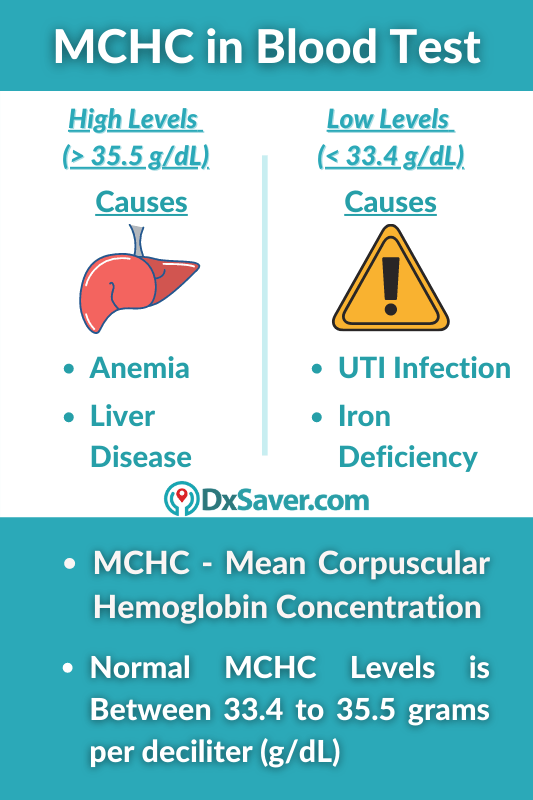When you receive the results of a blood test, it’s important to understand what the different parameters mean. One such parameter is MCHC, which stands for Mean Corpuscular Hemoglobin Concentration. MCHC is a measurement that provides valuable information about the concentration of hemoglobin in your red blood cells. If your MCHC levels are low, it indicates potential issues with your blood composition. In this article, we will explore the causes of low MCHC levels and the next steps to take.

What is MCHC and Its Significance
MCHC refers to the average concentration of hemoglobin in each red blood cell. Hemoglobin is the protein responsible for carrying oxygen throughout your body. The MCHC measurement is significant because it helps assess the amount of hemoglobin present in your red blood cells. This information can provide insights into various conditions and deficiencies.
Normal Range of MCHC Levels
The normal range for MCHC levels typically falls between 32 and 36 grams per deciliter (g/dL). Values below this range may indicate low MCHC levels. However, it’s important to note that the reference range may vary slightly depending on the laboratory conducting the blood test.
Causes of Low MCHC Levels
Iron Deficiency
One of the primary causes of low MCHC levels is iron deficiency. Iron is crucial for the production of hemoglobin. When your body lacks sufficient iron, it can lead to decreased hemoglobin levels and subsequently result in low MCHC levels.
Vitamin Deficiencies
Certain vitamin deficiencies, such as vitamin B12 and folate, can also contribute to low MCHC levels. These vitamins play a vital role in red blood cell production and function. Insufficient levels of these vitamins can affect the production of healthy red blood cells, leading to low MCHC levels.
Blood Loss
Significant blood loss due to injury, surgery, or conditions like gastrointestinal bleeding can result in low MCHC levels. Blood loss leads to a reduction in the number of red blood cells, affecting the overall MCHC measurement.
Hemoglobinopathies
Hemoglobinopathies are genetic disorders that affect the structure or production of hemoglobin. Conditions like thalassemia and sickle cell anemia can cause abnormalities in red blood cells, resulting in low MCHC levels.
Chronic Diseases
Certain chronic diseases, such as kidney disease and liver disease, can impact the production and function of red blood cells, leading to low MCHC levels.
Evaluating Low MCHC Levels
If your MCHC levels are below the normal range, it is essential to consult with a healthcare professional. They will evaluate your complete blood count (CBC) results and take into consideration your medical history and symptoms. Additional diagnostic tests, such as iron studies, vitamin levels, and genetic testing, may be recommended to determine the underlying cause of the low MCHC levels.
Treatment and Management
The treatment and management of low MCHC levels depend on the underlying cause identified through diagnostic tests. Some common approaches include:
- Nutritional Supplements: Iron and vitamin supplements may be prescribed to address deficiencies and improve MCHC levels.
- Dietary Changes: Incorporating iron-rich foods like leafy greens, lean meats, and legumes into your diet can help boost iron levels.
- Treating Underlying Conditions: If a specific condition or disease is contributing to low MCHC levels, appropriate treatment will be recommended to manage the underlying cause.
- Regular Follow-up: It is important to have regular follow-up appointments with your healthcare provider to monitor your progress and adjust treatment plans as needed.
Low MCHC levels can indicate potential issues with your blood composition. Understanding the causes and next steps is crucial for appropriate management. If you receive blood test results indicating low MCHC levels, consult with a healthcare professional who can guide you through further evaluations and develop a personalized treatment plan tailored to your specific needs.
As an Amazon Associate we earn from qualifying purchases through some links in our articles.




